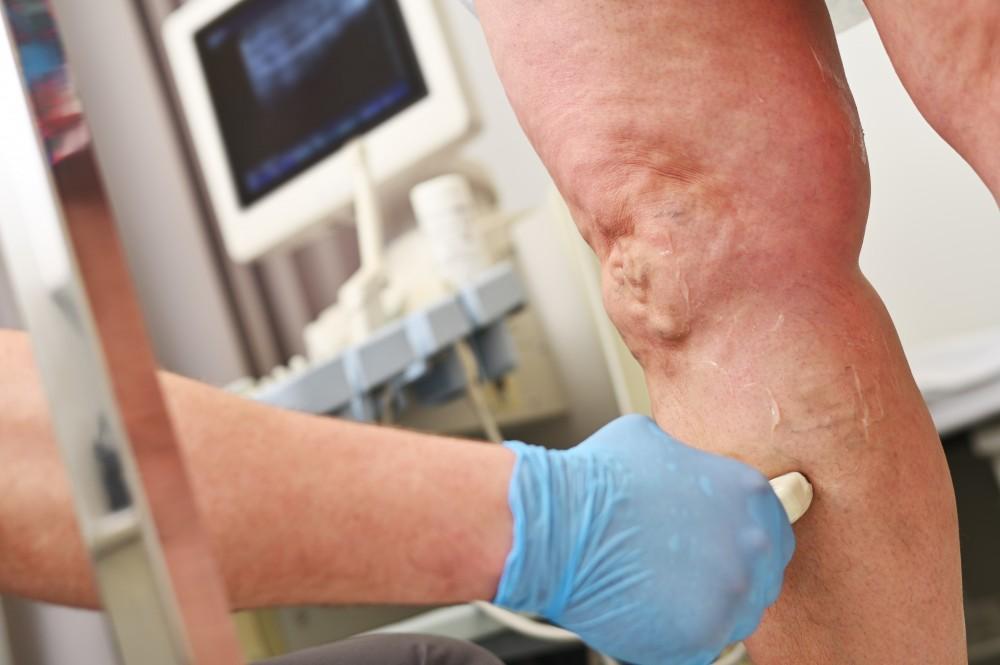
Vein Care 101: Vein Disease Explained

Vein disease isn’t a single disease. Rather, it’s a group of conditions, including varicose veins and chronic venous insufficiency.
More than 30 million people have vein disease, and researchers estimate that this number will grow in the next few years. Given this statistic, knowing how to care for your veins is even more important.
If you’re curious about vein disease and how to care for your veins, this blog is for you.
Read on as David T. Jacobs and our team at South Shore Vein and Aesthetic Medicine in Rockville Centre, New York, shed light on all things related to vein disease.
Anatomy of a vein
Your veins are blood vessels responsible for returning deoxygenated blood back to your heart.
About 70% of your entire blood volume is contained within your veins.
Your veins have thinner walls (than arteries) and also feature one-way valves to prevent backward blood flow. It’s these valves that allow your veins to efficiently transport blood against gravity.
Common types of vein disease
Vein disease refers to a range of conditions that affect your veins. Age, weight challenges, genetics, sex, and prolonged sitting or standing are all risk factors for vein disease.
Some of the types of vein disease include:
Varicose veins
Varicose veins are enlarged, twisted veins that often appear blue or purple. They develop when the one-way valves within your veins weaken or malfunction — often due to chronic venous insufficiency.
Varicose veins can pose cosmetic concerns, but they also cause pain, achiness, and heaviness and can increase your risk of developing a blood clot.
Chronic venous insufficiency (CVI)
CVI occurs when the valves in the veins don’t function properly, which allows blood to flow backward and pool in the lower extremities. That is why CVI is sometimes referred to as venous reflux.
When blood flows backward and pools, it can lead to symptoms such as leg swelling, pain, heaviness, and skin changes. CVI is also the underlying cause of varicose veins.
CVI can form in any vein, including deep, superficial, and perforating veins.
Deep vein thrombosis (DVT)
DVT occurs when a blood clot forms in a deep vein, typically in your legs. It can cause swelling, pain, and potentially life-threatening complications if the clot breaks loose and travels to the lungs (pulmonary embolism).
Vein care 101
Whether you already have vein disease — or you simply want to reduce your risk of developing vein disease — there are many ways you can care for your veins.
Stay hydrated
Proper hydration supports healthy blood flow and promotes vein elasticity. Men need about 15.5 cups of fluids, and women need about 11.5 cups. About 20% of that can come from food, such as watermelon, broth, or juice.
Wear compression stockings
If Dr. Jacobs suggests wearing compression stockings for support and improved circulation, use them as directed. Compression stocks are helpful if you have a family history of vein issues or experience discomfort or swelling.
Stay moving
Prolonged periods of sitting or standing can increase your risk of blood pooling. That’s because when you walk, your calf muscles help pump blood back up to your heart. If you’re sedentary for too long, your calf muscles don’t do this.
The solution? Take breaks to stretch and move around to prevent blood from pooling in your legs.
In addition to regular movement throughout the day, regular exercise for at least 30 minutes most days of the week promotes circulation and strengthens your vein walls. Exercise is good for the lining of your blood vessels.
Get help for vein issues
If you spot signs of vein disease, don’t wait for your symptoms to worsen before you reach out for help. The earlier you contact us, the sooner you can get started with treatment.
Depending on the type of vein disease, Dr. Jacobs can suggest lifestyle changes, compression stockings, and minimally invasive procedures.
Questions? Click here to request an appointment. Alternatively, call our Rockville Centre, New York, office at 516-865-1234 to speak with our friendly staff.
You Might Also Enjoy...


Facial Veins: Causes, Treatments, and How to Get Rid of Them

Hand Vein Treatment: How to Restore a Youthful Look to Your Hands

Are Varicose Veins Genetic? What You Need to Know About Hereditary Vein Issues

How to Get Rid of Varicose Veins: Top Treatments for Smooth, Healthy Legs


